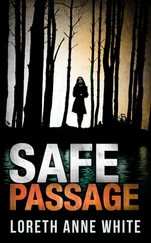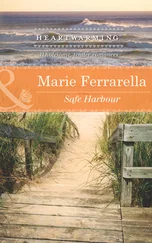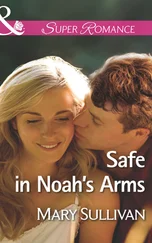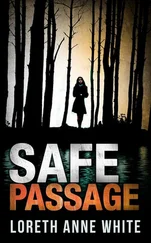Ida describes their journeys (how many of them she doesn’t say) straightforwardly, not enhancing her or her sister’s role with the narrative storyteller’s skills at her disposal. There is no need for added drama. It soon became, she says, a regular and serious pattern of work. Yet who can forget the image of the nervous and eccentric opera-loving sisters, an image they themselves encouraged as a ‘cover story’, wearing cheap and cheerful clothes, embellished with fine pearls, expensive wrist watches and other jewels? Once, Ida’s jumper was adorned with a particularly huge oblong of blazing diamonds— “someone’s entire capital”—which she had to pass off as “fake paste from Woolworth’s” until she was safely back in England.
The smuggling was, she says, “a simple procedure.” But Nazi guards often boarded the train at the frontier for currency inspections. “This made things a bit awkward,” she writes blithely of an experience that for most young women (or men) would be heart-stoppingly fearful. “We both had rather ingenuous faces!” she says by way of explanation. And yet she admits that they started to be known at Cologne airport “and some awkward and unfriendly questions were asked.”
Soon they were doing more—organising forged documents, travelling the country giving talks as a means of raising money and awareness, and even buying a small London flat for the refugees to live in while they, women in their thirties, continued to live at home with their parents in South London.
But if fear was a forbidden emotion, sympathy and pain certainly were not. Neither sister was ashamed to shed tears, mostly at the agonising knowledge of the many they could not save and the likely suicides that would result. There was one occasion when a “case”, as the refugees were called by them, was imprisoned in a small country town in Germany. Ida used the same ingenious creative imagination which made her such a compulsively readable author by inventing a complicated plot to save the man’s life. She typed out a fake official letter stating that a very important man in the City of London was giving the financial guarantee and arranging to have a question asked in the House of Commons. She had a solicitor witness her signature and put a seal on it and, just as she hoped, the man was released and eventually escaped via Switzerland.
In order to demonstrate their lack of fear they chose deliberately to stay in the big luxury hotels, the Adlon or the Vier Jahreszeiten , where the Nazi chiefs stayed, wearing the borrowed furs with English labels freshly sewn in that they were taking back to England. “Then, if you stood and gazed at them admiringly as they went through the lobby, no one thought you were anything but another couple of admiring fools. That was why we knew them all by sight, Louise and I… Goering, Goebbels, Himmler, Streicher, Ribbentrop. We even knew Hitler from the back.” Not only does Ida make light of their courage, self-deprecatingly she describes her behaviour as “ignorant.”
“We didn’t know—imagine!—in those days we didn’t know that to be Jewish and to come from Frankfurt-am-Main in Germany…had the seeds of tragedy in it.” This was when their first case, Frau Mitia Meyer-Lissman, the official Salzburg lecturer, was entrusted to their care. Thanks to her they soon “saw things more clearly and understood the full horror of what was happening in Germany.” Mitia Meyer-Lissman escaped to live in England and after the War her daughter, Elsa, a seventeenyear- old music student when she first met the Cook sisters, became a renowned lecturer at Glyndebourne, the country house in Sussex where opera was performed and which became a haven for several German musicians forced to flee.
The sisters were in Salzburg for the annual music Festival in 1934, the year Engelbert Dollfuss, the Austrian pro-fascist Chancellor, was assassinated in a bungled Nazi coup attempt. “I blush now to think how ignorant we were of the significance of this event…we were concerned with only one aspect of the murder: would it put a stop to our holiday?” Ida wrote in 1950. But in fact no music lover that summer could have avoided the sense of menace, the atmosphere of doomed enchantment that hung over the Festival. And right in the centre of this maelstrom was the charismatic and controversial Austrian conductor, Clemens Krauss.
Krauss is the enormous and looming shadow that stalks the book. Krauss, an elegant, sometimes dictatorial conductor, was, by virtue of his friendship with Richard Strauss, a direct link to the source of musical creation. Director of the Vienna State Opera and later the Berlin State Opera, Krauss was ambitious to revive the musical life of Salzburg and he set audiences alight with fervour. He and his glamorous wife, the Romanian soprano Viorica Ursuleac, had what today would be called A-list celebrity status, and Ida and Louise were, unquestionably, star-struck.
It was only because of Clemens Krauss and his wife that Ida and Louise started their rescue work and they could, or would, never have maintained it without the constant encouragement and help of those two. His offer to stage favourite operas chosen by them gave added authenticity to their story if questioned by Nazi guards on their travels. But it also took them right to the heart of their earthly pleasures and dreams. Ida is honest enough to recognise that, although it was the pursuit of opera which initially brought them to the refugee work, it was now the pursuit of the refugee work which was made possible only by the support of the great operatic performances. She insists that it was the same naïve technique by which they first learnt to save up enough money to visit the United States and meet famous opera singers in the twenties that helped them now as they “stumbled” into Europe and began to save lives. “You never know what you can do until you refuse to take no for an answer.”
But naïve, with its connotations of foolish ignorance, is not a word that fits Ida or Louise. Ida was too intelligent not to realise, when she came to write up her account of those years in her autobiography, that Krauss, who had had to defend himself to a de-Nazification tribunal after the War, was tainted by default. He had taken over preparations for the premieres of Richard Strauss’s opera Arabella after the dismissal of the non- Jewish but anti-Nazi conductor, Fritz Busch. Busch became the music director of Glyndebourne Festival Opera. Ida writes of Krauss: “I knew that to speak in praise of any artist who occupied a high position in Hitler’s Germany is to tread on very delicate ground. At the first word, even now, tempers rise, private and professional axes are taken out and reground, and friend- ships tremble in the balance. But, in that homeliest of phrases, one must speak as one finds .”
Hindsight is easily acquired and if Ida and Louise had been ignorant in 1934, they were unusually far-sighted two or three years later. In the appeasement debate which raged around Britain in the thirties, many of those who thought that the only way to prevent Hitler was to fight him, were accused, like Winston Churchill, of warmongering. Others, such as Prime Minister Neville Chamberlain, believed Hitler was a man who could offer Britons ‘Peace with Honour’.
A number of so-called intellectuals in Britain in the 1930s— not just those who were openly anti-Semitic or pro-Hitler such as Unity Mitford, but those who worshipped German art and culture—refused to believe ill of Hitler or a country which had produced Beethoven, Goethe and Wagner. The popular historian Arthur Bryant, for example, could write in 1937 of German fascists as “peaceable and ordinary folk” fighting for decency, tradition and civilisation and, even after Kristallnacht , said of Jews that they had “seldom been welcome guests and scarcely ever for long.” He argued that they should not be welcome in Britain because they were likely to acquire “an unfair and disproportionate amount of wealth and power,” arguments not so different from debates raging in Britain in the early 21st century based largely on fear of what the new immigrants might take.
Читать дальше
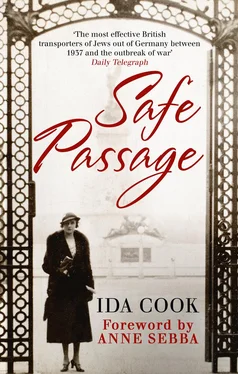
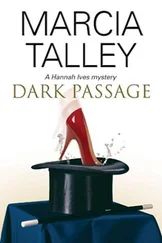

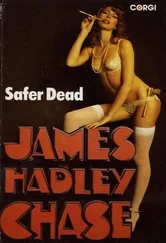

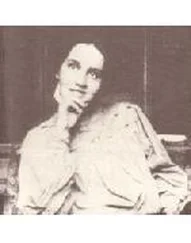
![Джеймс Чейз - Not Safe to Be Free [= The Case of the Strangled Starlet]](/books/417649/dzhejms-chejz-not-safe-to-be-free-the-case-of-the-thumb.webp)
